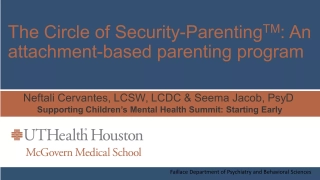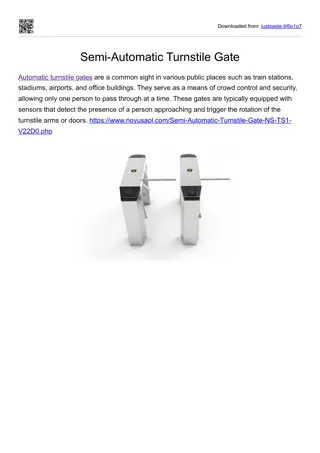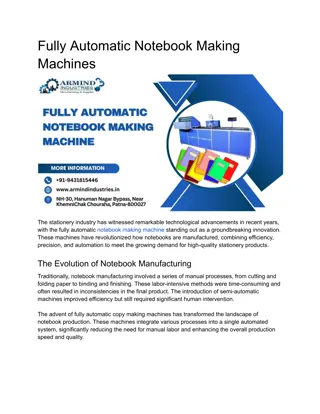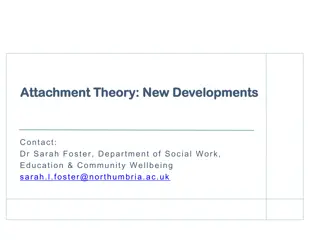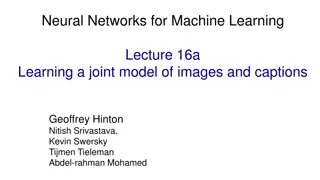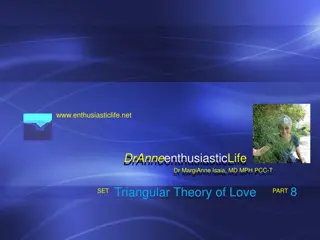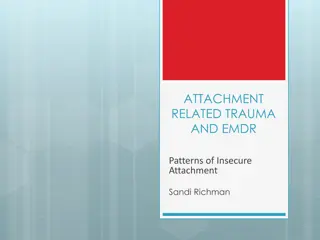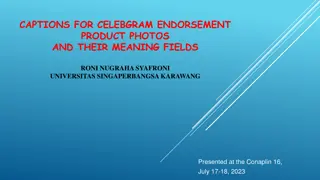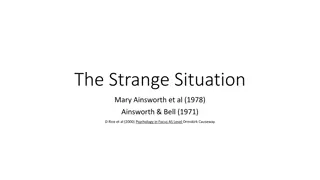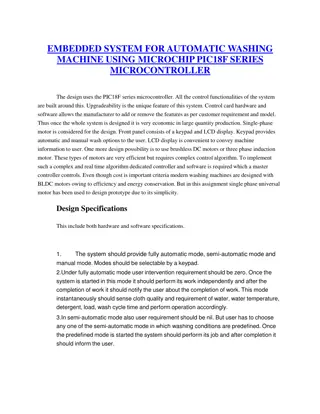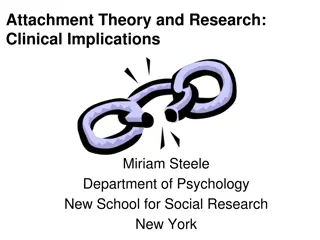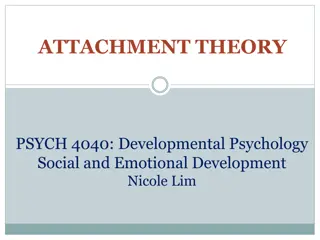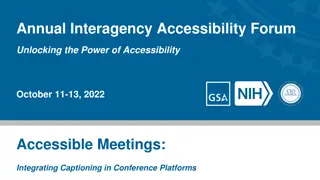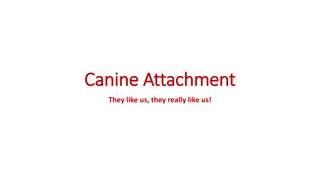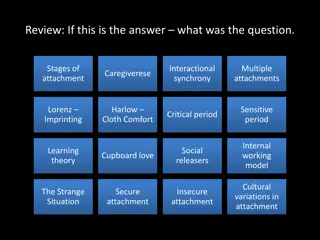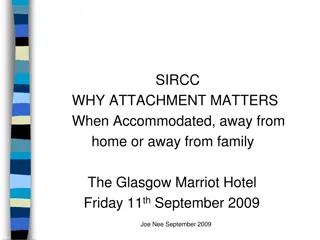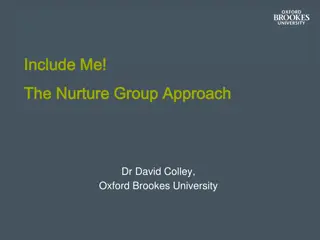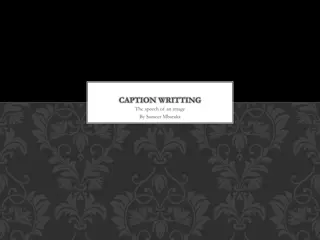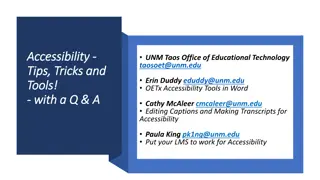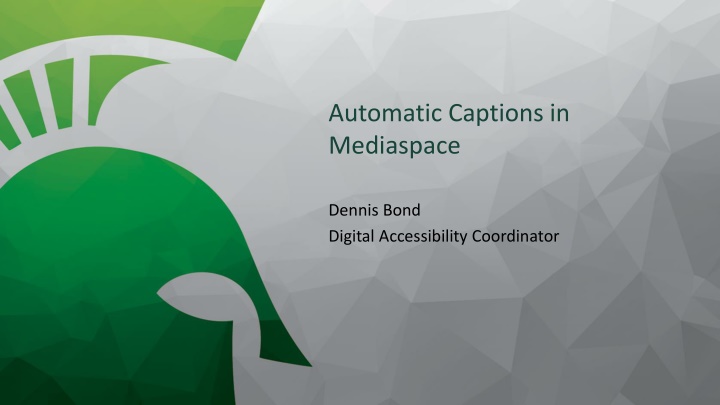
Enhancing Digital Accessibility Through Automatic Captions in Mediaspace
Discover the proposal to enable automatic captions by default in Mediaspace to improve digital accessibility in educational videos at MSU. Learn about current captioning rates, requirements, proposed changes, and support from digital accessibility liaisons and resource centers.
Download Presentation

Please find below an Image/Link to download the presentation.
The content on the website is provided AS IS for your information and personal use only. It may not be sold, licensed, or shared on other websites without obtaining consent from the author. If you encounter any issues during the download, it is possible that the publisher has removed the file from their server.
You are allowed to download the files provided on this website for personal or commercial use, subject to the condition that they are used lawfully. All files are the property of their respective owners.
The content on the website is provided AS IS for your information and personal use only. It may not be sold, licensed, or shared on other websites without obtaining consent from the author.
E N D
Presentation Transcript
Automatic Captions in Mediaspace Dennis Bond Digital Accessibility Coordinator
Video Captioning Rates MSU currently has over 13,000 videos in YouTube. Our current captioning rate is 32.3% YouTube generates automatic captions which aren t included in this metric. MSU currently has over 225,000 employee-owned videos in Kaltura Mediaspace. Our current captioning rate is 32.7% Mediaspace only generates automatic captions upon request.
Captioning Requirements Captioning is required for all MSU video content by our Digital Accessibility Policy. A recent Americans with Disabilities Act rule on digital accessibility gives MSU until April 2026 to come into full compliance. The absence of video captions harms not only students with disabilities, but anyone trying to consume MSU s video content in a noisy environment where they cannot hear the audio track, or in a quiet location such as a library if they cannot turn their device volume up and have no headphones.
Proposed Change The Digital Accessibility Team is proposing we enable generation of automatic captions in Mediaspace by default for all future videos. Editors would still need to review captions (or pay a vendor to review them) to ensure full accuracy. Generating automatic captions by default would save editors a step in the process and provide them with a notification when captions were ready to be reviewed.
Other Universities Do This Several universities already configure Mediaspace to generate automatic captions by default, including: The Universities of Wisconsin. Northern Illinois University. Purdue University Indiana University. The University of Minnesota The University of Michigan
Digital Accessibility Liaisons Support Digital Accessibility Liaisons are appointed by each MSU unit leader to serve as a point of contact and coordinate digital accessibility. When polled, 96% of respondents from this group were in support of generating automatic captions by default. Two thirds of respondents said we should do so within 1-2 months. Most respondents said the ideal time would be before Spring semester or as soon as possible.
Resource Center for Persons with Disabilities Support The Resource Center for Persons with Disabilities had this to say: RCPD strongly supports efforts to include any grade of captions to multimedia content. When automatic captions are applied, the multimedia content can provide a greater level of access than when no captions are available at all. Automatically- produced captioning and/or transcriptioning processes on single-speaker/voice over- based verbal content in multimedia regularly produces accuracy between 95-99%, making manual editing a minor task for perfect captions.
Common Objections While there is some validity to the argument that automatic captions may include errors, this is no longer the strong argument it once was. The accuracy of automatic captioning has risen dramatically in recent years and shows every sign of continuing to improve. Meanwhile, we ve seen the limitation of requiring video editors to generate captions, which has left most of our video content uncaptioned.
Implementation There would be no cost to MSU units for this change. The Digital Accessibility Team will provide messaging on related websites and update captioning documentation and training. We propose at least a 30-day period of advance communication about this change prior to implementation. We advise avoiding any times of the academic year where such a change may cause disruption.

